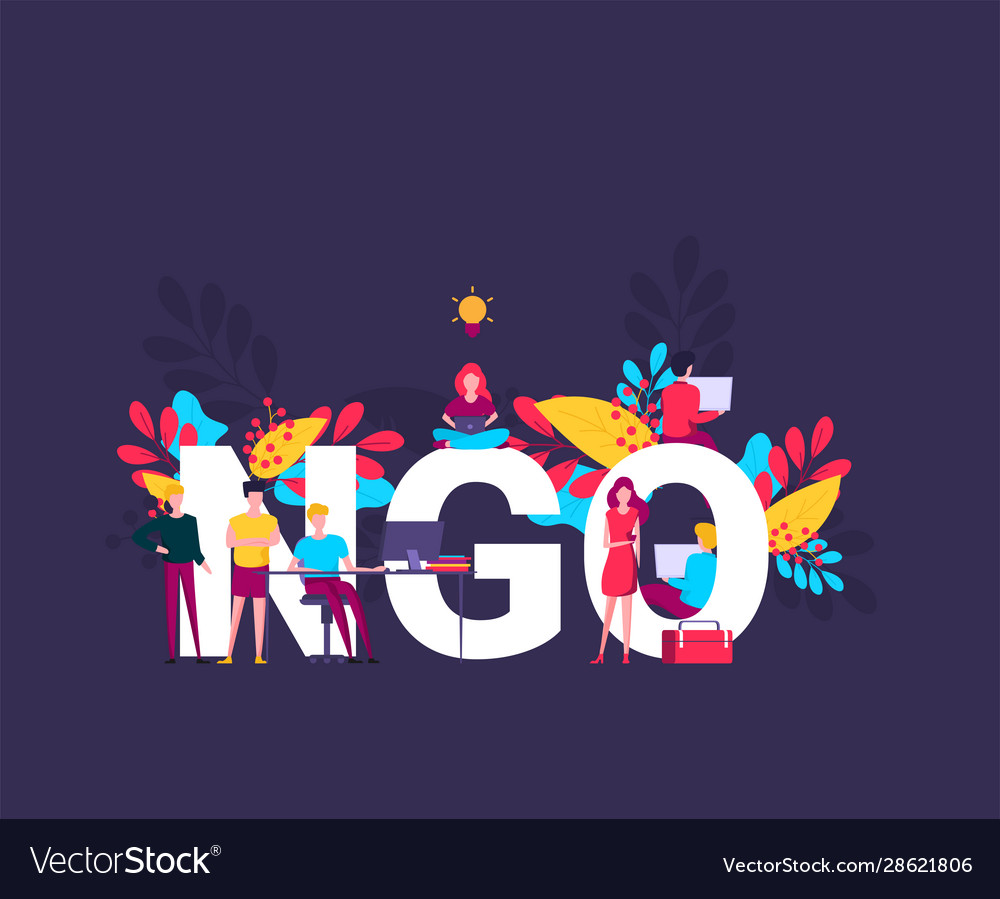Plan International Nigeria, a global non-governmental organization (NGO) and civil rights organization, has revealed its goal to change power relations in Nigeria in the next five years to the benefit of millions of girls.
This is just as the organisation called for enhanced synergy with the media in Nigeria to promote the girl child transformation, especially on issues of adolescent girls and the protection of the Nigerian child in general.
Country Director, Mr. Charles Usie Emmamuzou, made the call during an interactive session with media representatives in Abuja , where he highlighted the progress made so far by Plan International in the last one year in Nigeria and how the organization has mapped out strategies to expand its network of operations in the next five years, one of which he said was partnering with relevant stakeholders, especially the media.
According to Emmamuzou, Plan International, as an independent development and humanitarian non-profit organisation that advances children’s rights and equality for girls, has “the mandate to reach over 200 million girls across the globe, out of which 20 million of them would come from Nigeria.”
He said: “Nigeria stood the chance to benefit more from the project given the number of girls targeted to benefit from Plan International humanitarian services.”
He noted that one of the core mandates of the organisation was “support of children’s rights from birth to adulthood”, and enable children to prepare for, and respond to crises and adversity but the challenges are media the resources to engage the media for wider coverage.
The country director said: “See, in Nigeria, we think that the first thing we should do is to make ourselves accountable to you. We should not wait until we meet in the public events. So, that’s one of the reasons why we did this today. We think that after today, we are at your disposal. If you want to interact with us, if you have any questions, we are at your disposal.
“The task of rebuilding this country is not meant to be done by only one person; is not going to be done by one sector. So, we are considered to be the third sector. The government, the private sector and civil society as part of civil society. Most times your tendency is to imagine that we are the only ones doing it. So, everybody is contributing their own way. And for us as an organisation, what we have decided to do is to focus on the positive energy. Let us see how we are working with the positive energies for the sake of our country. And that is why for us we have decided to come to Nigeria.
“So, one of the reasons again is to help us to continue to add value and then help us so we can do that. Because what happens is that when we fail, we are perceived differently.
“So we are calling for your support to enable us give feedback to make us succeed. We want ideas, we don’t have all the ideas in our heads. What more can we do to advance the mandate? We are happy to engage with you. If you have these ideas, we will explore to see which one is possible. Which one we can collaborate.
“Our priority is for the girl child. We can brainstorm, come up with ideas and see how we can take it forward. We don’t have the solutions all in our heads. Yes, we have the advantage. We have a strategy. But then we don’t have all the ideas to bring about the kind of change you want to see for the character in Nigeria. We have the global mandate and we are globally connected; we have colleagues across nations in the world,” he said.
On his part, Director, Partnership and Business Developments, Dr Oji Ogbureke, appealed to the media representatives at the session to always give priorities to human rights stories and even open doors for partnership with civil society organisations to sell good narratives about the positive impacts have made in the society.


